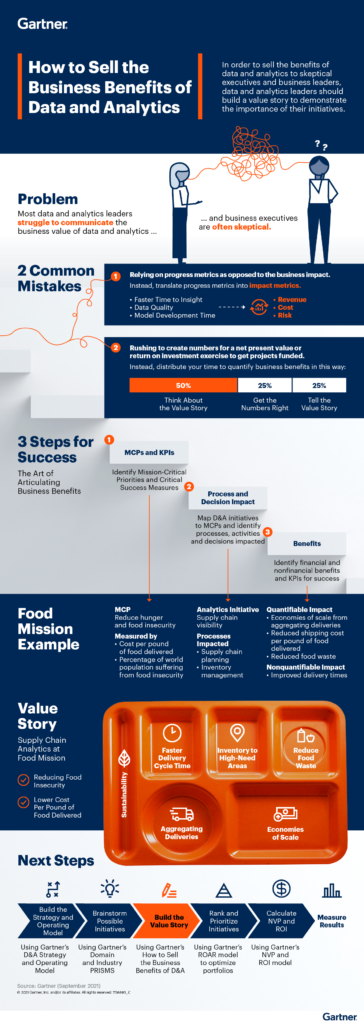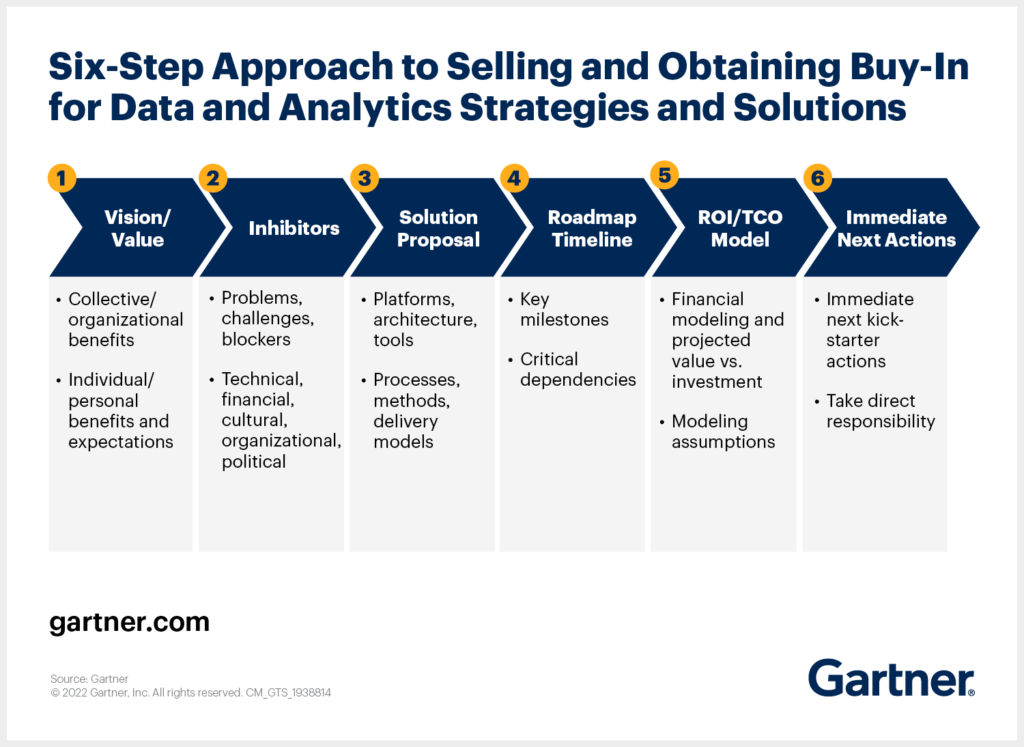Self-service data analytics is a buzzword that has been making waves in the world of data science and business intelligence. But what exactly is it? In simple terms, self-service data analytics is the process of empowering non-technical users to access, analyze and interpret data without the need for IT or data science support. This means that business users can easily find the insights they need to make informed decisions, without having to rely on technical resources to extract the data and generate reports.
Self-service data analytics is a game-changer for businesses of all sizes and industries. It allows companies to democratize data and make it accessible to everyone, regardless of technical expertise. With the ability to easily access and analyze data, businesses can quickly gain insights into customer behavior, operational efficiency, and other critical business metrics. This, in turn, helps businesses make better decisions, improve their bottom line, and stay ahead of the competition. In this article, we will explore the benefits of self-service data analytics and how it can help your business achieve its goals.

What is Self Service Data Analytics?
Self Service Data Analytics is a data analytics platform that enables businesses to gain insights from their data. It enables them to make informed decisions quickly, without relying on expensive and time-consuming processes. Data can be collected from various sources and then analyzed using a variety of tools to gain insights. Self Service Data Analytics provides a simple and efficient way to analyze data and gain insights from it.
Features of Self Service Data Analytics
Self Service Data Analytics provides a range of features that make it easier for businesses to analyze and gain insights from their data. These features include data collection, data cleaning, data visualization, data analysis, data mining, and predictive analytics. Data collection allows businesses to collect data from multiple sources, including databases, web services, spreadsheets, and more. Data cleaning allows businesses to remove any unnecessary data from the dataset and ensure that the data is consistent and accurate. Data visualization allows businesses to create charts, graphs, and other visualizations to gain insights from the data. Data analysis allows businesses to identify patterns in the data and uncover insights. Data mining allows businesses to uncover hidden patterns and insights. Finally, predictive analytics allows businesses to predict future trends and outcomes.
Benefits of Self Service Data Analytics
Self Service Data Analytics is a powerful tool that can help businesses gain insights and make informed decisions quickly. It eliminates the need for expensive and time-consuming processes and allows businesses to analyze data quickly and efficiently. Self Service Data Analytics can also help businesses save time and money by reducing the need for manual data entry and analysis. Additionally, Self Service Data Analytics can help businesses identify trends in their data, uncover hidden insights, and gain a better understanding of their customers and markets. Finally, Self Service Data Analytics can help businesses make better decisions by allowing them to test different scenarios and see the results in real-time.
Frequently Asked Questions
Self service data analytics is a tool that enables users to access, analyze and interpret data quickly and easily without the need for technical knowledge or expertise. It is designed to make data analysis more accessible to business users and to allow them to make more informed decisions.
What is Self Service Data Analytics?
Self service data analytics is a type of data analytics that enables users to access, analyze and interpret data quickly and easily without the need for technical knowledge or expertise. It is designed to make data analysis more accessible to business users, allowing them to identify patterns, trends, and insights from data and make more informed decisions. Self service data analytics tools generally feature an intuitive user interface and a range of tools and features to make data analysis more efficient and effective.
What are the Benefits of Self Service Data Analytics?
The primary benefit of self service data analytics is that it makes data analysis more accessible to business users. It allows them to explore and analyze data on their own, without the need for technical knowledge or expertise. This can lead to more informed decisions, as well as increased efficiency in the data analysis process. Additionally, self service data analytics can help to reduce costs associated with data analysis, as it eliminates the need for technical personnel to perform the analysis.
What Types of Data Can Self Service Data Analytics Analyze?
Self service data analytics can be used to analyze any type of data, including structured, semi-structured, and unstructured data. This includes data from databases, spreadsheets, text documents, images, audio files, and more. Additionally, self service data analytics can be used to analyze data from multiple data sources and in multiple formats, allowing users to gain insights from a variety of data sources.
What Types of Reports and Visualizations Can Self Service Data Analytics Produce?
Self service data analytics can be used to produce a range of reports and visualizations. This includes charts, graphs, and maps, as well as more complex visualizations such as dashboards, tables, and pivot tables. Additionally, self service data analytics can be used to generate predictive models, as well as to create forecasts and other predictive analytics.
What Types of Organizations Use Self Service Data Analytics?
Self service data analytics is used by a wide range of organizations, from small businesses to large enterprises. It can be used to gain insights into customer behavior, product performance, financial trends, and more. Additionally, self service data analytics can be used to improve operational efficiency, identify new opportunities, and optimize processes. Self service data analytics is becoming increasingly popular as organizations seek to make data analysis more accessible and efficient.
In conclusion, self-service data analytics is a powerful tool that has revolutionized the way organizations process and analyze data. With its user-friendly interface and intuitive features, it provides non-technical users with the ability to quickly access and analyze data without relying on IT departments or data analysts. This not only saves time and resources but also empowers users to make more informed decisions based on accurate and timely data.
As data becomes increasingly important for businesses to stay competitive, self-service data analytics will continue to play a crucial role in democratizing data and making it more accessible to all. With the ability to quickly identify patterns, trends, and insights, self-service data analytics allows organizations to make data-driven decisions that drive growth and success. Therefore, it is imperative for businesses to embrace and invest in self-service data analytics to stay ahead of the curve and unlock the full potential of their data.




